Thinking of Becoming a Wildlife Rehabilitator?
Being a wildlife rehabilitator can be a big responsibility. Not only are you responsible for the welfare of the wild animals in your care, you also have the responsibility to provide good, accurate information to the public who approach you as the wildlife expert.
Although having a college or university degree is not mandatory in most cases to become a rehabilitator, we encourage you to study fields such as wildlife biology, ecology, wildlife conservation and veterinary science. These fields will provide you with essential skills and knowledge about an animal’s natural history, husbandry and dietary needs, as well as humane solutions to human-wildlife conflicts.
Standards for Wildlife Rehabilitation jointly published by IWRC and NWRA is a must-read. It is based on accepted norms in biology, medicine, behavior, natural history, and of course, wildlife rehabilitation. It includes the wildlife rehabilitator’s code of conduct, critical animal welfare considerations, as well as provides useful information on appropriate cage sizes, disinfectants, and cage furniture while caring for wildlife undergoing rehabilitation. This publication can be purchased from our online store here.
Every country has its own laws pertaining to wildlife care, welfare and wildlife in captivity so it is important to consult with your local fisheries and wildlife officer or conservation officer.
We encourage you to volunteer at your local wildlife rehabilitation centre to mentor with a rehabilitator. This is a great way to learn about the needs of the wildlife you will care for as well as network with individuals working in the field.
Read a JOB DESCRIPTION OF WILDLIFE REHABILITATION, as reprinted from Becoming a Wildlife Professional.
Being a rehabilitator is a rewarding experience and we hope that you take the time to explore this profession.
If you are interested to learn more about IWRC’s live and online courses, click here to read about course descriptions and upcoming class schedules.
Find out more about wildlife legislation in different countries here.
